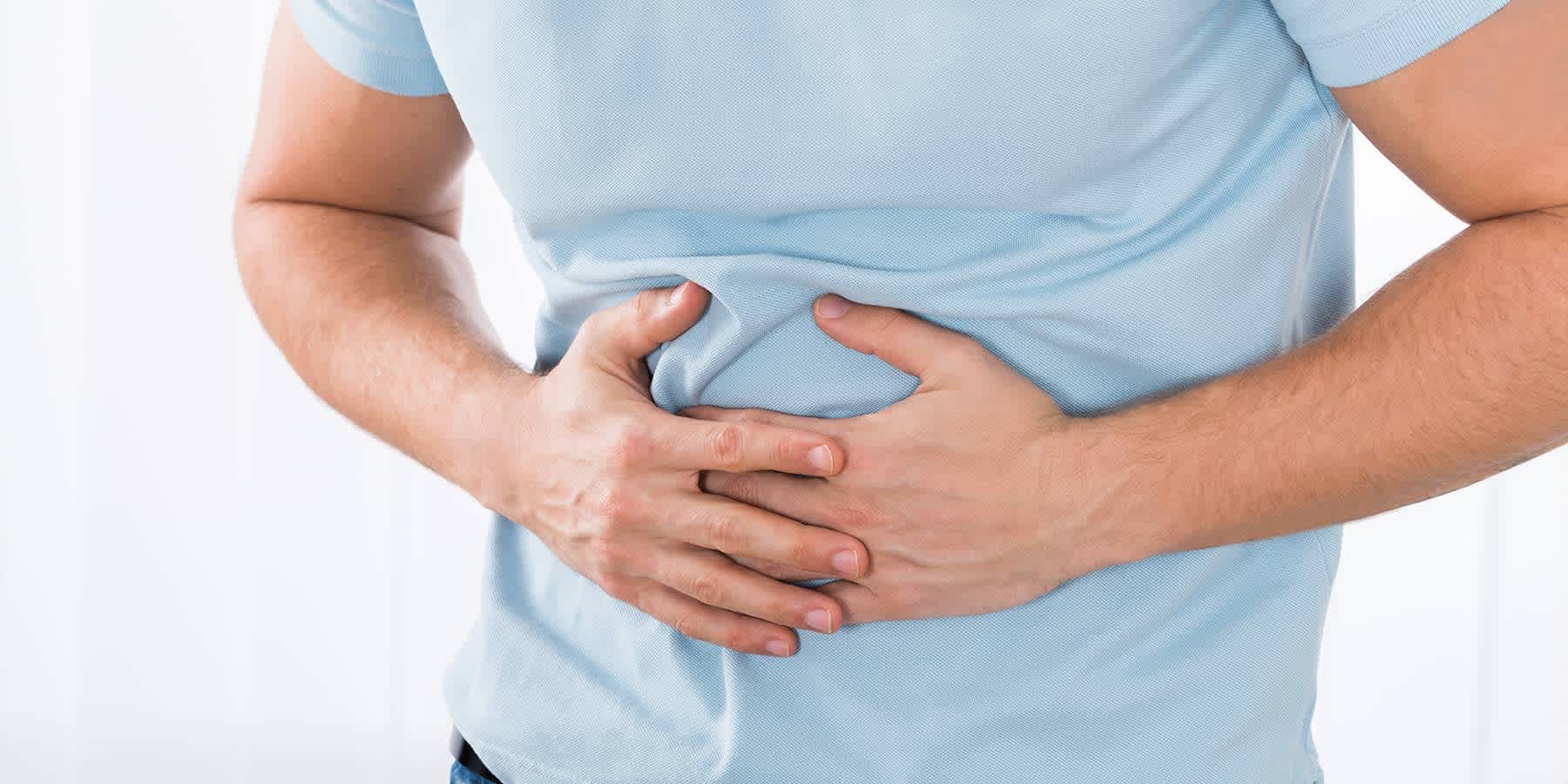What does fat vs bloating mean for your body?
What does fat vs bloating mean for your body?
Blog Article
Recognizing the Difference Between Bloating and Fat: an Essential Guide for Digestive Wellness
Understanding the difference in between bloating and excess body fat is critical for anybody worried with gastrointestinal health. While bloating presents as a short-term and frequently unpleasant problem, generally connected to nutritional habits or digestion disturbances, body fat stands for an extra permanent adjustment in one's body.
Specifying Bloating and Fat
Bloating and fat are 2 distinctive physical phenomena that can dramatically impact a person's comfort and body image. Bloating is usually a short-term incident and can rise and fall throughout the day, usually resolving with way of life adjustments or clinical interventions.
In contrast, body fat is a more permanent and stable element of human physiology, primarily functioning as a power book and playing vital roles in hormonal agent policy and insulation. Body fat is classified into two types: subcutaneous fat, which lies simply under the skin, and visceral fat, which borders inner organs. While excess body fat can bring about health difficulties, it is important for general physical features.

Sources Of Bloating

Furthermore, food intolerances, such as lactose or gluten intolerance, can lead to bloating when the body battles to process particular materials - bloating and fat. Eating also quickly or taking in carbonated drinks can likewise intensify the problem, as these routines introduce excess air into the digestion system
Way of life factors, consisting of anxiety and absence of physical activity, can further contribute to bloating by influencing gut mobility. Specific medical problems, such as short-tempered bowel disorder (IBS) or gastrointestinal blockage, might additionally bring about persistent bloating. Understanding these reasons is crucial for effectively handling and alleviating bloating, allowing people to make enlightened nutritional and lifestyle selections that sustain their gastrointestinal wellness.
Signs And Symptoms of Bloating vs. Fat
Identifying in between the signs and symptoms of bloating and excess fat is essential for understanding one's body and addressing discomfort successfully. Bloating usually offers as a feeling of fullness or stress in the abdomen, commonly come with by visible distension.
In contrast, excess fat shows up differently. While it might add to a sense of thickness, it usually does not create the acute pain connected with bloating. Instead, excess fat often tends to build up slowly, leading to an adjustment in physique and size in time. People might notice a boost in body area, especially around the waist, but this does not commonly present with the immediate experiences of volume or distension.

Acknowledging these differences is vital. While bloating is often momentary and linked to dietary variables or gastrointestinal concerns, excess fat indicates a more persistent problem requiring lifestyle modifications. Recognizing this post these signs equips individuals to look for ideal solutions customized to their details issues relating to gastrointestinal health and wellness and body structure.
Handling Bloating
Effective monitoring of bloating needs a multifaceted technique that deals with both dietary selections and lifestyle routines. First, it is vital to identify and get rid of details foods that may activate bloating, such as those high in fiber, gluten, lactose, or certain fermentable carbohydrates (FODMAPs) Maintaining a food diary can assist identify these triggers and overview adjustments.
Integrating smaller, a lot more frequent dishes instead of big ones can likewise lessen bloating, as it eases the digestive procedure (bloating and fat). Staying well-hydrated is vital, as sufficient fluid consumption help food digestion and assists protect against irregular bowel movements, which can add to bloating
Furthermore, participating in regular exercise advertises intestinal motility and minimizes bloating. Easy workouts, such as strolling or yoga, can effectively reduce pain. Mindful eating practices, such as consuming slowly additional info and eating food extensively, may further boost food digestion and limitation air swallowing.
When to Look For Assistance
Identifying when to seek clinical aid for bloating is critical, as persistent or serious signs and symptoms may show an underlying health and wellness problem. If bloating is accompanied by additional concerning signs and symptoms such as substantial abdominal discomfort, inexplicable weight loss, anal blood loss, or constant nausea and throwing up, it is imperative to speak with a health care expert. These signs might suggest conditions such as cranky bowel disorder, gastrointestinal obstruction, or perhaps more severe problems like cancer.
Moreover, if bloating lingers despite dietary modifications or check this non-prescription remedies, it necessitates more investigation. Individuals with a background of intestinal problems must be specifically vigilant, as their risk for problems may be higher. Additionally, if bloating occurs adhering to the consumption of specific foods, it may indicate food intolerances or allergies that require nutritional changes or screening.
Final Thought
In summary, differentiating in between bloating and excess body fat is essential for digestion health and total wellness. Bloating, a short-term problem frequently connected to dietary aspects and digestive problems, contrasts dramatically with the stable build-up of body fat. Recognizing the signs and underlying root causes of each can help with ideal management approaches. People experiencing consistent or extreme signs must look for specialist support to deal with potential health and wellness worries successfully. Understanding these distinctions is essential for informed decision-making regarding health and way of living.
Report this page